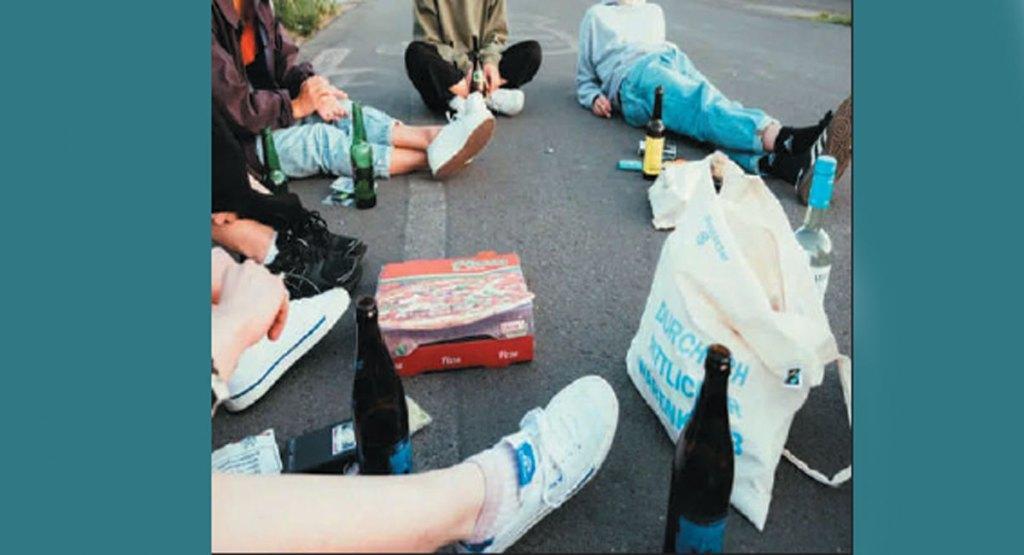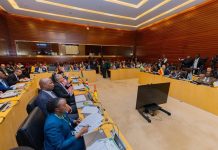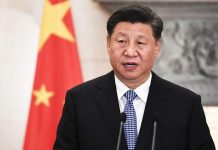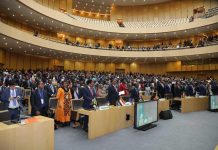Africa-Press – Mauritius. For once, a radio show with a large audience gave pride of place to a theme and guests who had nothing to do with politics. It was refreshing to hear the point of view of people involved in NGOs on a societal problem of immense importance.
Indeed, the problem of drug trafficking in schools remains taboo and we must admit that we still have difficulty in understanding the ins and outs of the problem.
According to some experts, drugs have existed in schools for years; it is therefore not a new phenomenon. But the arrival of synthetic drugs in Mauritius only a few years ago has transformed the very nature of drug trafficking and the drug market.
This has produced an explosion in consumption and an explosion in consumption among young people who are most exposed to the risks of addiction. Thus, schools are on the “frontline” of the fight against drugs and school staff as a whole must do what is necessary to be better trained to meet this immense challenge.
It is clear that the old methods no longer work and that other skills must be introduced in the school environment in order to better circumscribe this problem.
Thus, requests for psychological support for students or even the request to hire more supervisors have remained unanswered by the authorities for the moment, according to a rector who spoke on the set.
If this is really the case, this clearly demonstrates that there is a problem at the level of the Ministry of Education itself, and that the latter is unable to provide adequate responses to the current situation.
However, this situation must be remedied, and even that will not be enough. It is the very notion of school that must be reviewed in reality. The fundamental problem with the latter is that, in its current form, it only values purely academic skills, putting children into a culture of competition from a very young age.
Thus, the emphasis is not placed on the development of the child and the development of his various talents. Here we see how far ahead a number of private and fee-paying schools are on this issue, emphasizing academics as well as sports, arts, music, drama, etc.
That being said, this type of private school is inaccessible to children from working-class backgrounds, and it is they who are directly exposed to the risks.
If they can’t keep up with the hellish pace of classes and private lessons to have a chance of succeeding in this culture of academic competition, they are heading straight for academic failure.
All the ingredients are thus brought together for situations of exclusion to appear already from early childhood. This is how the whole national school culture needs to be reviewed.
And it becomes urgent. Indeed, we too often tend to talk about the drug problem from the point of view of police arrests and penal repression. This is obviously a capital plan to fight against trafficking and gangs.
But that will never be enough if the country does not adopt a renewed stance on prevention, pedagogy and education. This is the other side of the fight against the “narcos”, and it may well be the most important and critical side because the sources of supply of drugs will necessarily be reduced if the demand decreases.
For More News And Analysis About Mauritius Follow Africa-Press







